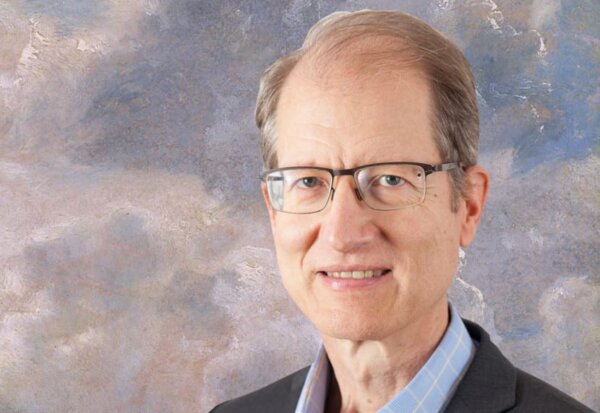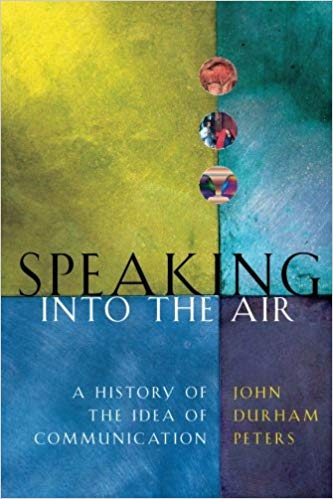
Dr. John Durham Peters
María Rosa Menocal Professor of English &
Professor of Film and Media Studies
Yale University
May 2, 2019
 On its face, weather sounds like the most banal and mundane thing possible. Ordinary people look down on talking about it and journalists often regard it as the lowest kind of news. This talk aims to show that the accusation that talking about the weather is intellectually empty is hardly the case in the age of climate change, and even dangerous. The rise of weather as a topic of conversation coincides with the rise of the bourgeois public sphere. More broadly, weather is a key part of media history. The history of human interaction with weather is also a history of cultural techniques and media technologies. Dramatists and divines have sought meaning from atmospheric events. Reading the skies is one paradigm case of human-nature interaction, and studying weather can stand in as part for whole as an inquiry into the environments humans have made or unmade. The history of modern weather forecasting is also a history of the militarization of the sky and oceans, and is co-extensive with the history of modern telecommunications, computation, and reporting. Weather raises two questions of profound interest to recent media theory: how mundane infrastructures are full of meaning and how vaporous or evanescent entities can be tracked, recorded, and programmed. Talking about the weather is not dumb; it may be essential.
On its face, weather sounds like the most banal and mundane thing possible. Ordinary people look down on talking about it and journalists often regard it as the lowest kind of news. This talk aims to show that the accusation that talking about the weather is intellectually empty is hardly the case in the age of climate change, and even dangerous. The rise of weather as a topic of conversation coincides with the rise of the bourgeois public sphere. More broadly, weather is a key part of media history. The history of human interaction with weather is also a history of cultural techniques and media technologies. Dramatists and divines have sought meaning from atmospheric events. Reading the skies is one paradigm case of human-nature interaction, and studying weather can stand in as part for whole as an inquiry into the environments humans have made or unmade. The history of modern weather forecasting is also a history of the militarization of the sky and oceans, and is co-extensive with the history of modern telecommunications, computation, and reporting. Weather raises two questions of profound interest to recent media theory: how mundane infrastructures are full of meaning and how vaporous or evanescent entities can be tracked, recorded, and programmed. Talking about the weather is not dumb; it may be essential.
 Dr. John Durham Peters is a leading scholar in the area of media history, communication theory, and philosophy. He is the María Rosa Menocal Professor of English and of Film & Media Studies at Yale University. Previously, Peters taught at the University of Iowa between 1986-2016. He is the author of a range of books, including Speaking into the Air: A History of the Idea of Communication, Courting the Abyss: Free Speech and the Liberal Tradition, and most recently, The Marvelous Clouds: Toward a Philosophy of Elemental Media. He has held fellowships with the National Endowment for the Humanities, the Fulbright Foundation, and the Leverhulme Trust.
Dr. John Durham Peters is a leading scholar in the area of media history, communication theory, and philosophy. He is the María Rosa Menocal Professor of English and of Film & Media Studies at Yale University. Previously, Peters taught at the University of Iowa between 1986-2016. He is the author of a range of books, including Speaking into the Air: A History of the Idea of Communication, Courting the Abyss: Free Speech and the Liberal Tradition, and most recently, The Marvelous Clouds: Toward a Philosophy of Elemental Media. He has held fellowships with the National Endowment for the Humanities, the Fulbright Foundation, and the Leverhulme Trust.
The Media Ethics Initiative is part of the Center for Media Engagement at the University of Texas at Austin. Follow Media Ethics Initiative and Center for Media Engagement on Facebook for more information.


